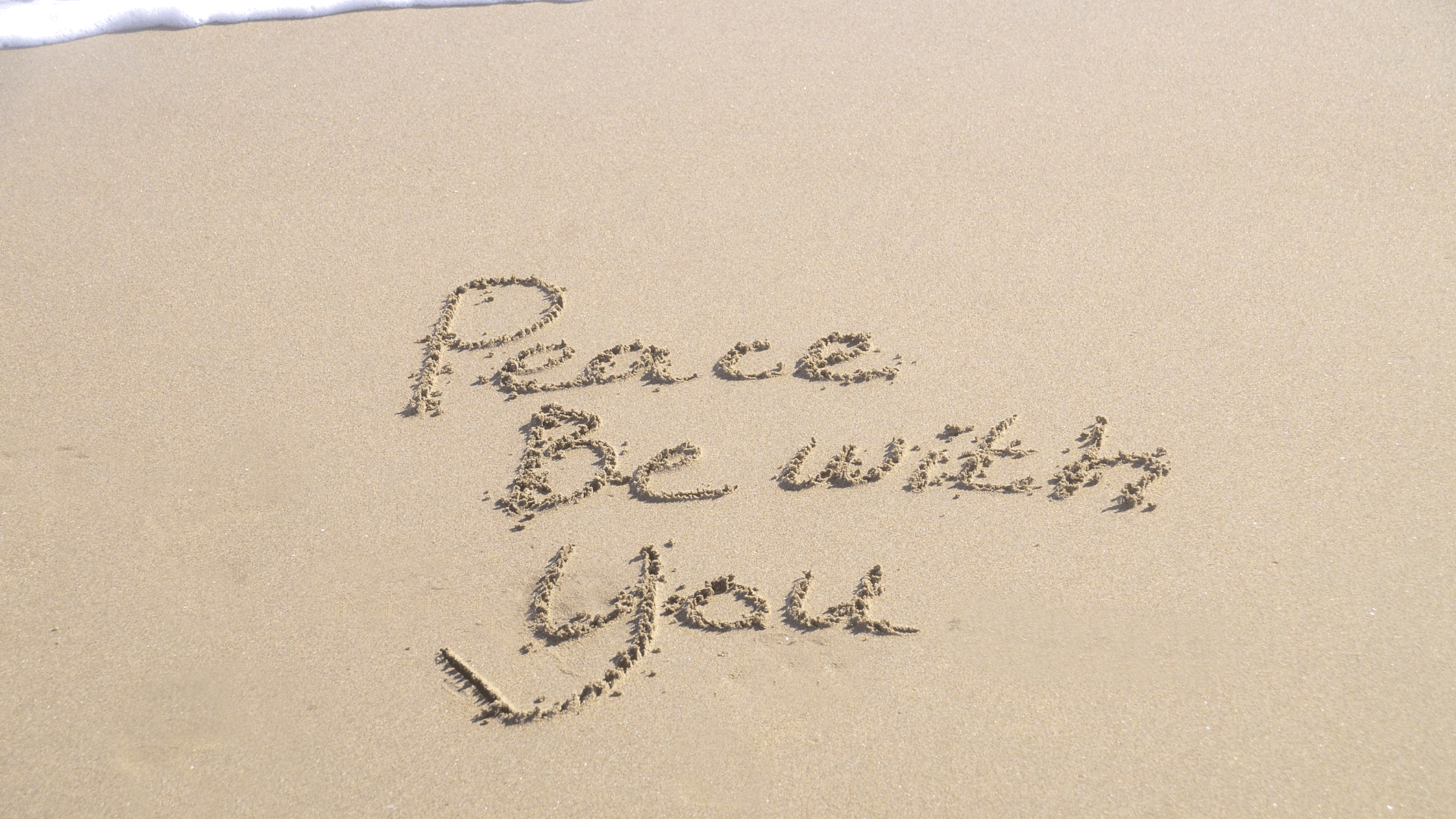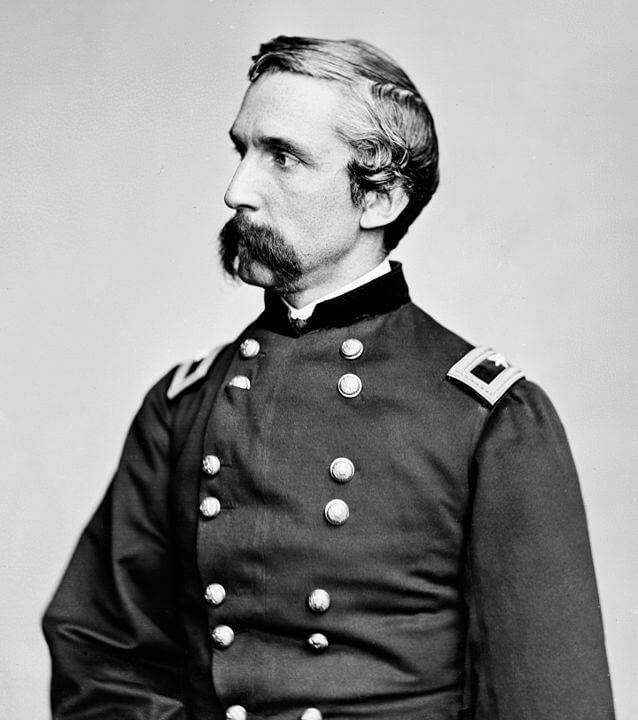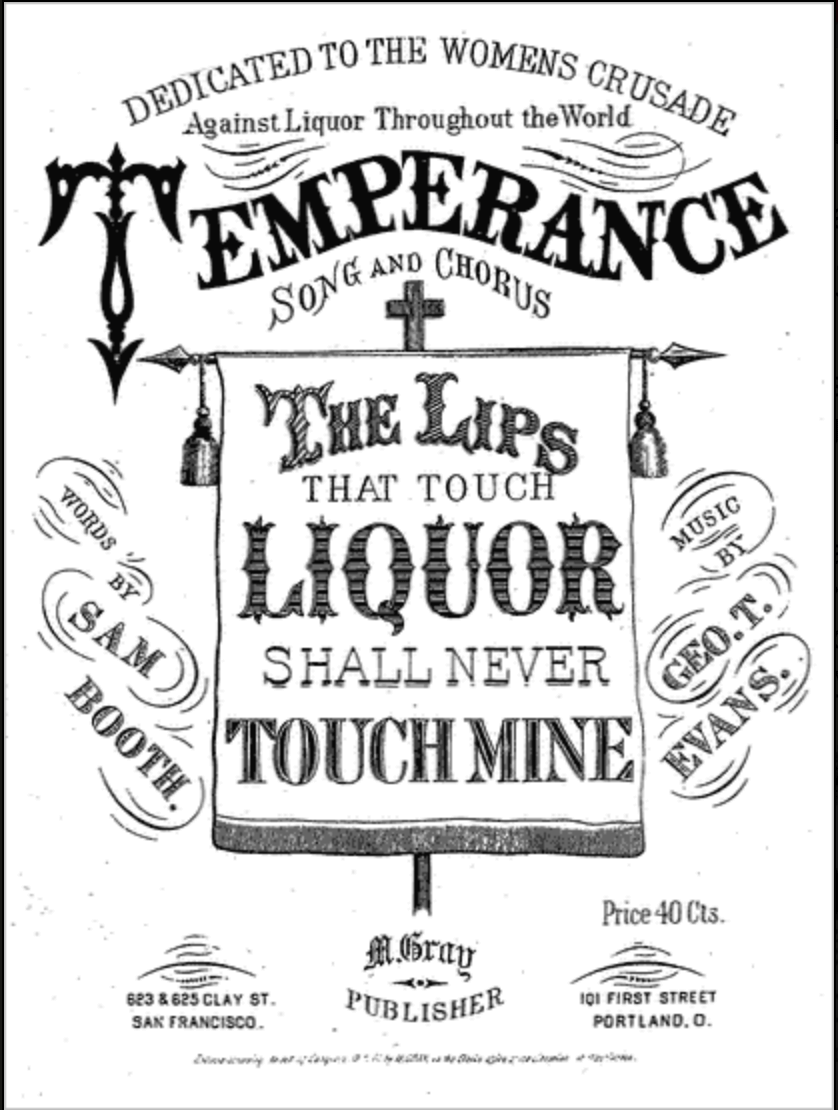There are some things that take up too much headspace for me – specifically, things that are out of my control.
I realized when I started writing this particular blog that I had way too much to share in just one sitting. So this will be continued next time, okay? (Teaser!)
Fact is, there are plenty of things out of my control, and yours, too.
I thought I’d share seven of these. This isn’t some magic number, but I’m guessing that at a minimum these seven are close to universal. I’ll just air these out, and next time I’ll give you some encouragement.

Here ya go: 7 things out of my control.
1. The actions of others.
Think about the folks you come into contact with regularly. If you want to think globally, that’s fine, but maybe we need to restrict this to your immediate circle.
It’s a hard truth that you can’t control what others do. Maybe you can be an influencer, and I hope you are. (Of course, this implies that you know what’s best for others, and that might be a little sketchy.)
People are inherently self-serving, and it takes some effort for them to overcome that … if that’s a goal they have. Chances are, you’ve experienced some hurt because of what others have done. You’d like to help them see how wrong they were (subtle sarcasm there.)
You got nowhere. This is one of those things out of your control.
2. The opinions of others.
Well, yeah. People have strong opinions about, y’know, stuff. They may have strong opinions about you, too. Does that make you uncomfortable? And if so, why?
I know of a lady who was scrupulous about making sure her house was in order, the beds made up, etc., before leaving each morning for work. Her rationale? “If the house catches on fire, I’d hate for the firefighters to see my house in a mess.”
Well, now, my sense is that they wouldn’t care. That’s something out of my control.
Still, she was motivated by the opinion of others. Even complete strangers.
You can’t do anything about what others think. Again, you might be an influencer, but it’s up to them as to what their opinions are.
3. How others take care of themselves.
There is a series of commercials/PSA’s I see frequently about quitting smoking. I’ve never smoked, so this doesn’t really apply to me. But the minute-long spots show vignettes of people who are grotesquely scarred because of surgery, of children having to take care of cancer-ridden parents, and patients dealing with a whole host of horrific ailments.
It may be that someone close to you doesn’t take care of themselves. Maybe they’re morbidly obese. Perhaps they know what they’re doing is unhealthy – not only physically, but emotionally and mentally. It grieves you.
You can’t fix that. People will, or won’t, take care of themselves based on where they are in life and what circumstances surround them.
I had a relative who straight-up said, “Smoking is the only pleasure I have left.” So there’s that.
4. What happens around me.
So here you are, plunked down in a physical location right now. It’s an environmental thing, and it’s not just physical. You may find yourself in an environment made up of other people, circumstances, things like that.
Those things are out of my control. They might not change. Perhaps I can remove myself from that environment, but that doesn’t change the “things” themselves.
As I write this, Jackson, Mississippi, is in a legitimate crisis. I live in metro Jackson, and what is happening doesn’t directly affect me. Jackson is without water, basically, and that means none to drink, none to bathe in, none to cook with, none to flush toilets. It’s really, really bad. We’re on the national news.
I can’t do anything about that. It’s out of my control.
I would say, though, that while I can’t change things, I can serve in the midst of them. While the circumstances themselves are out of my control, I’m not helpless. So maybe this one isn’t totally out of my control. There have been other things over the years I couldn’t do squat about.
5. The past.
This one is pretty self-evident. What’s done is done. We don’t get do-overs. We can commit to not doing boneheaded things from here on out, but it doesn’t change what’s already happened.
If you’ve been following me for some time, you know this is a “thing” for me. People are burdened, crippled by the past. It shouldn’t be this way, but realistically, it is for many.
I can’t change the past. That’s out of my control. It’s easy to say “get over it,” but that’s really, really hard, especially if you have something in your past that looms up in your thoughts like some demonic presence.
6. The future.
Here’s a companion thought to #5. You can’t control the future.
There may be sort of an exception to this. You can make decisions right now that will indeed change the future.
But – you can’t control what those changes are. Be wise, think things through, and in God’s providence make the right calls.
In spite of all that, you don’t get to dictate the outcomes. You can in no fashion control the future. You don’t know what’s out there. If the supervolcano under Yellowstone chooses to blow, it’s gonna blow. That’s out of my control. Fundamentally, the future before you is out of your control, too.
7. What other people think of me.
This one is a bit like #2. The distinction I’d like to make is that while the opinion of others might involve, say, politics, what people think of you is personal, directed at you.
That’s out of my control for sure. I don’t really like that.
It may be that you’ve tried to be charming, or forceful, or used any number of tactics to make people like you.
How’d that work out for ya?
You simply can’t control what other people think of you. You can do all you can to present yourself in a winsome, positive way, but they are still going to have their own opinions of you. Those opinions might change over time. Or not.
In all my years of youth ministry, I finally came to the realization that some kids simply didn’t like me. I can’t imagine anyone not liking me, but it’s true. Oh. The horror.
What other people think of you is out of your hands. As I’ve said, you can be an influencer, but people are going to have their opinions of you no matter what.
So, there you go. There are many things out of my control. There are many things out of your control.
My admittedly lame counsel is for us to collectively get over it. I know, right?
Next time I’ll give you a list of things that are in your control. That’s what we want to major on.
Talk soon!









 Y’all know I purely love having guest bloggers. So I’m so so pleased to welcome Adam Trest to our special place!
Y’all know I purely love having guest bloggers. So I’m so so pleased to welcome Adam Trest to our special place!





